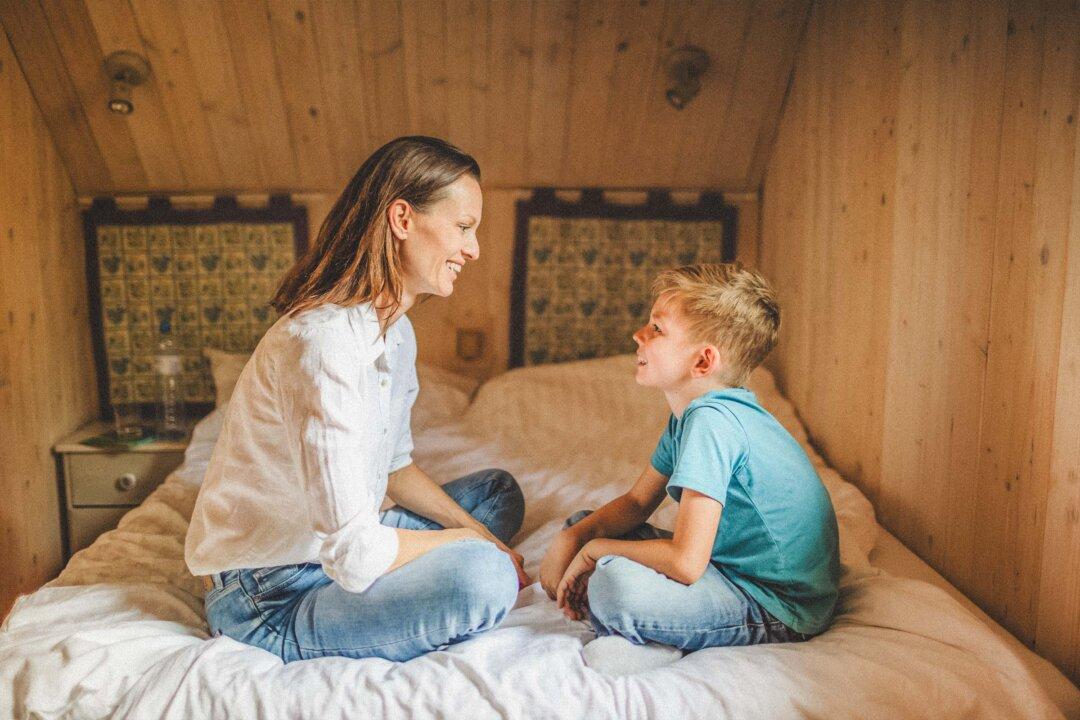A good night’s sleep. It’s something we all need, yet so many struggle to get.
Most of us have been there at one time or another. Tossing and turning, struggling to shut down our minds, or waking up frequently—these things make for a long and frustrating night.






